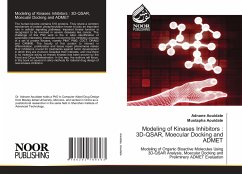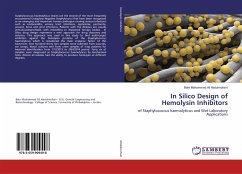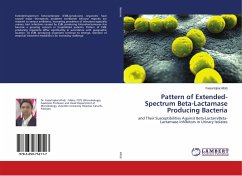The human kinome contains 518 proteins. They share a common mechanism of protein phosphorylation known to play an important role in cellular signaling pathways. Impaired kinase function is recognized to be involved in severe diseases like cancer. The challenge of this PhD work is the in silico identification of potentially interesting molecules concerning the inhibitory process of a set of protein kinases, namely PIM1, PIM2, CDC7, DRAK2 and CAMKIId. The faculty of this protein to interact in differentiation, proliferation and tissue repair phenomena makes their inhibitions crucial for treatments against tumor development in which they are involved. Despites their interests, until now there is no molecule acting on theses kinases has been proven by the Food and Drug Administration. In this way, the authors will focus, in this book on several in silico methods for rational drug design of new kinases inhibitors.
Bitte wählen Sie Ihr Anliegen aus.
Rechnungen
Retourenschein anfordern
Bestellstatus
Storno








